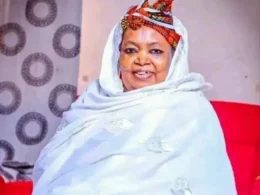UNICEF’s latest findings from the Multiple Indicator Cluster Survey (2021) indicate that approximately 10.2 million primary school-aged children in Nigeria are currently out of school, with 16% of these children residing in Kano, Jigawa, and Katsina states. Mr. Rahama Rihood Mohammed Farah, Chief of UNICEF’s Field Office in Kano, shared these statistics during a press briefing on the 2025 International Day of Education (IDE).
Farah highlighted that while the number of out-of-school children (OOSC) is alarming, another major challenge is the poor quality of education received by those who are enrolled. The UNICEF report revealed that only 1 out of 4 children aged 7-14 years in Nigeria can read and comprehend a simple sentence or solve basic arithmetic problems.
In Kano, Jigawa, and Katsina, the situation is particularly dire. According to tests conducted by the Federal Ministry of Education in 2022, foundational learning rates in these states are shockingly low, with only 2% of primary school learners in Jigawa demonstrating foundational reading skills, and less than 1% possessing numeracy skills. Although Kano’s figures are slightly better (9.6% for reading proficiency and 11.2% for numeracy), they still fall significantly below the national averages of 26% and 25%, respectively.
Farah also pointed out that while these states have met or exceeded the UNESCO benchmark for educational budget appropriation, the actual release and spending of these funds have not been adequate. This issue needs to be urgently addressed to improve the education system and ensure that children in these regions receive both access and quality education.









